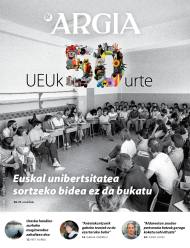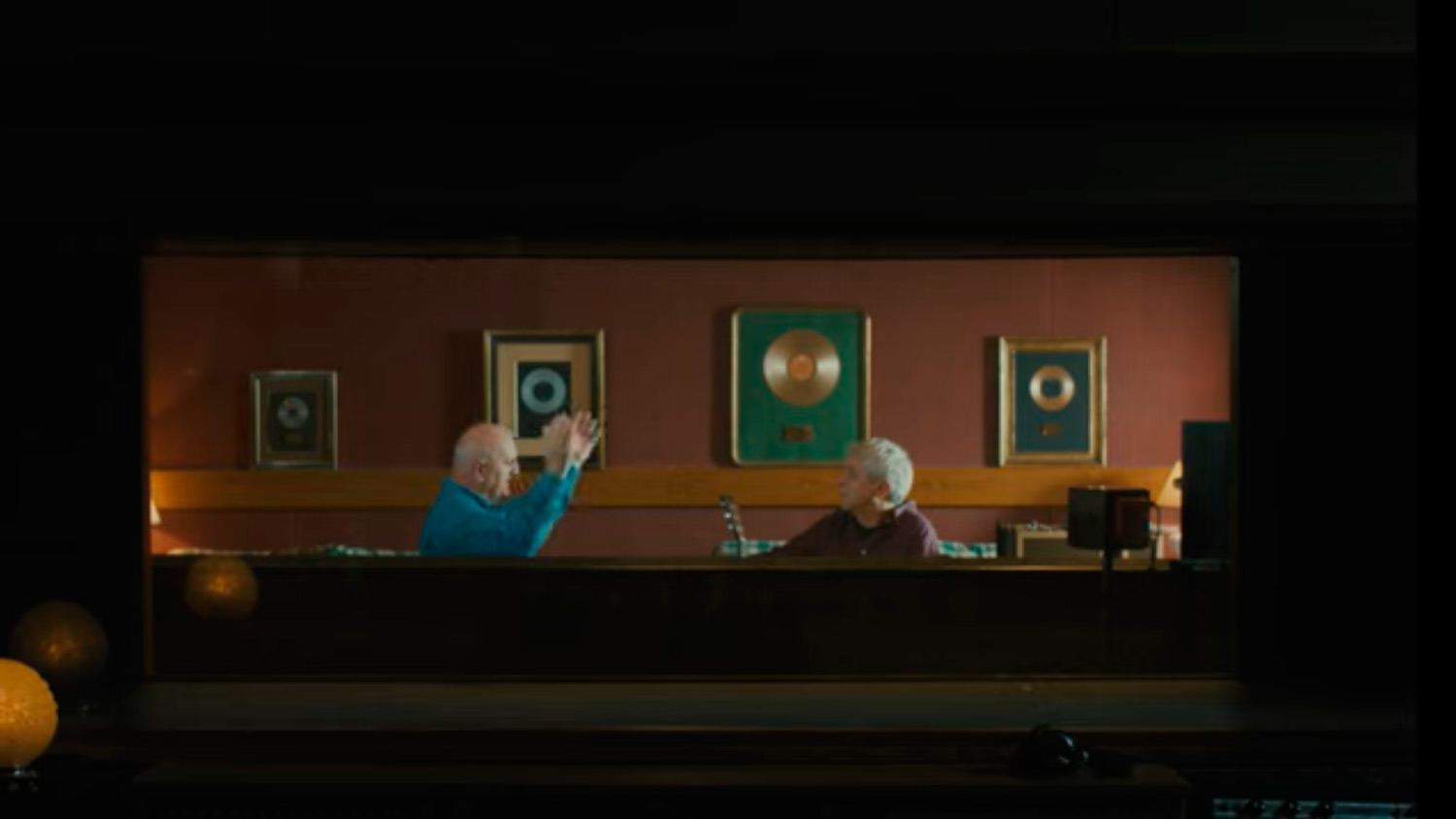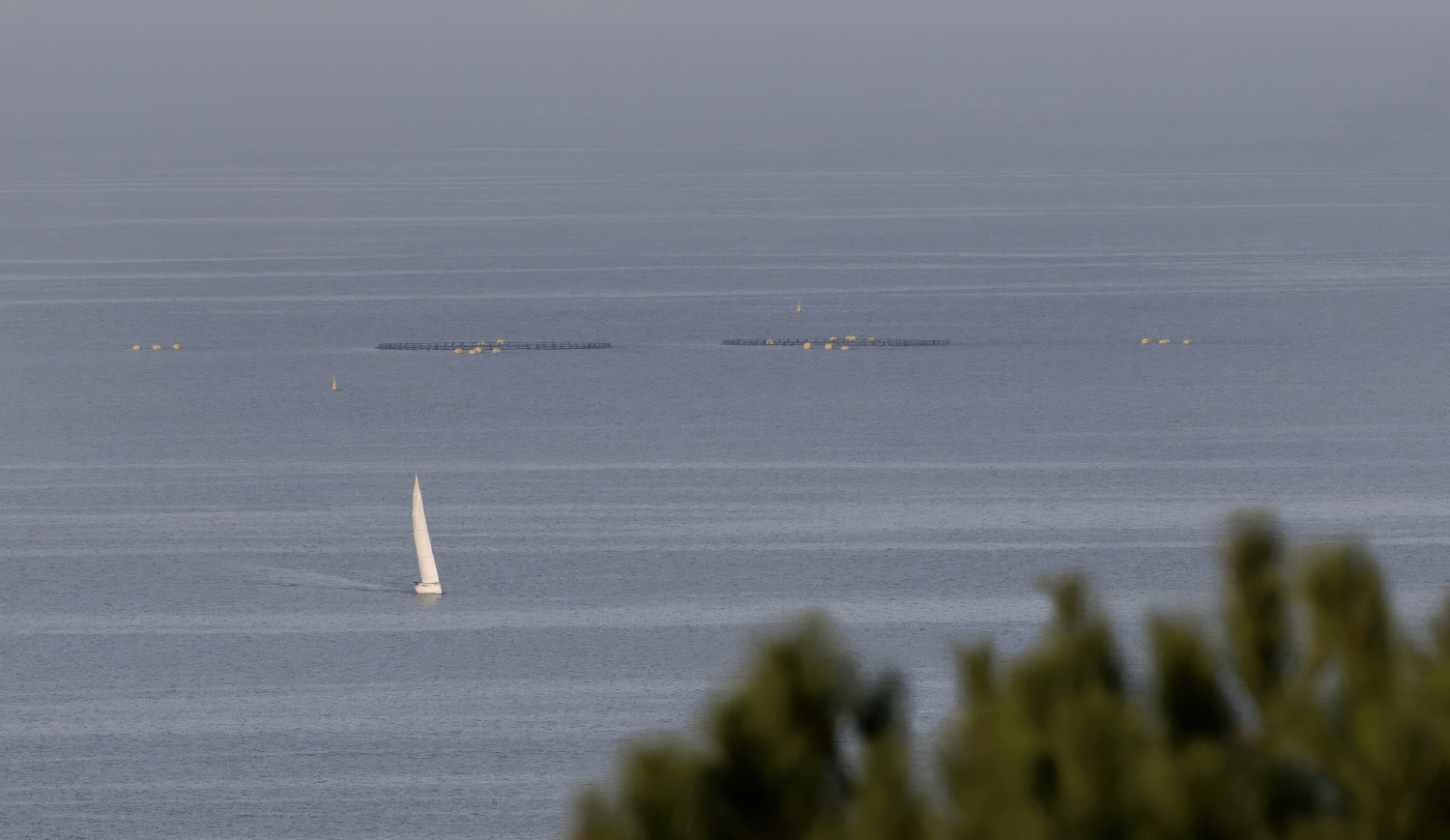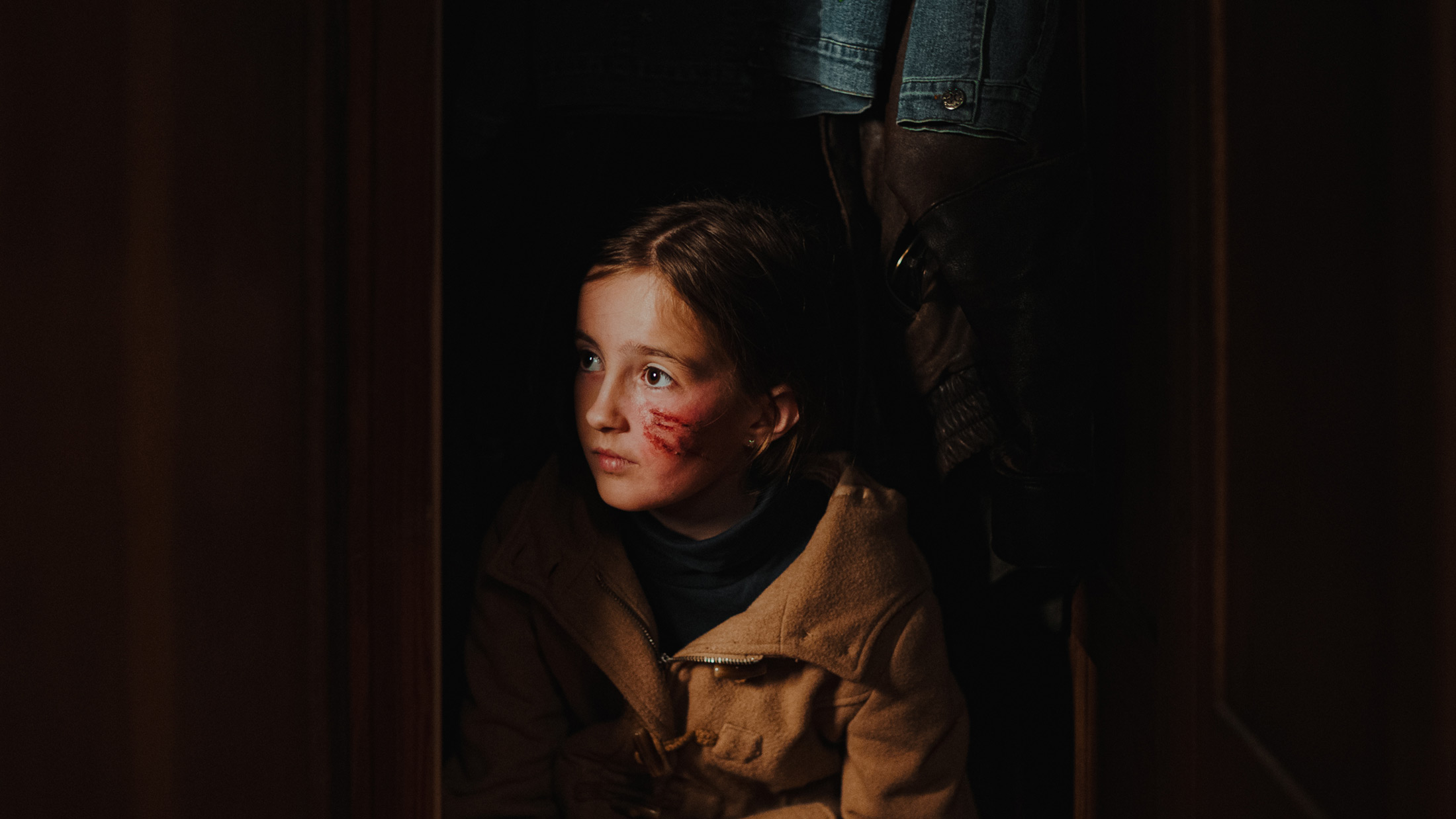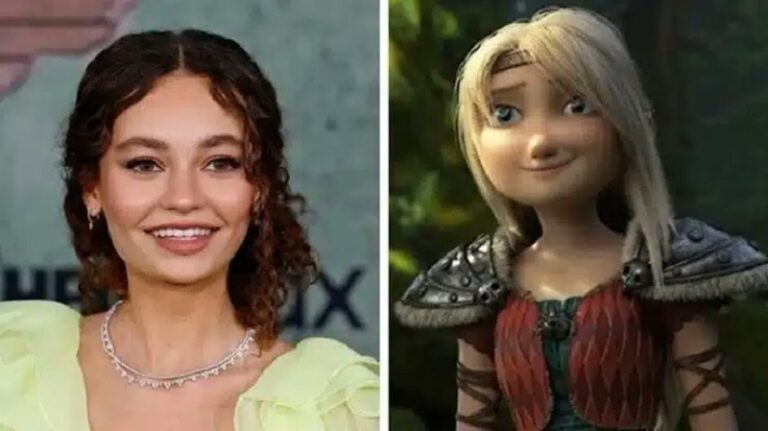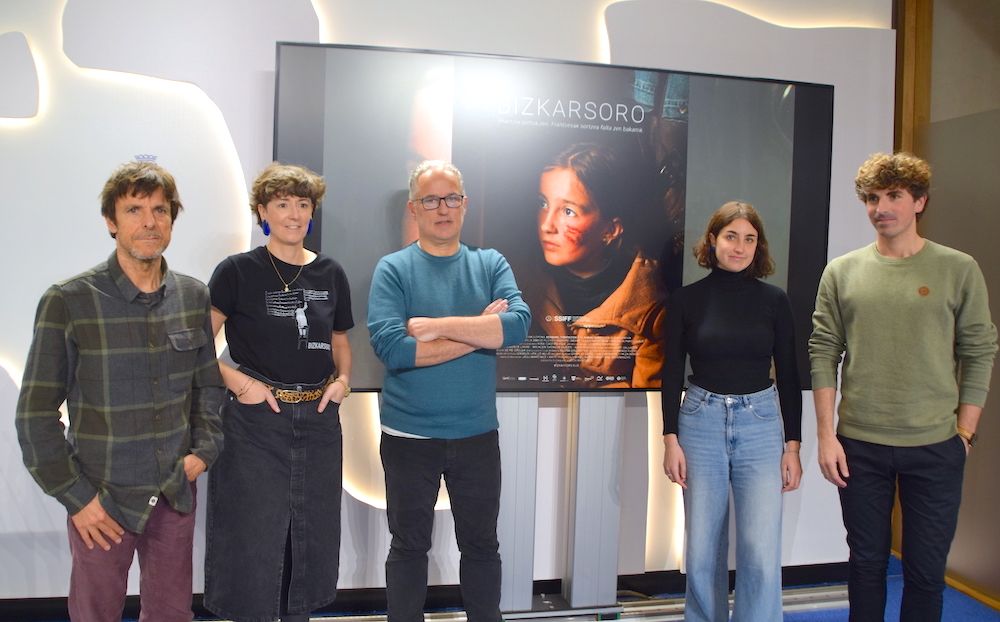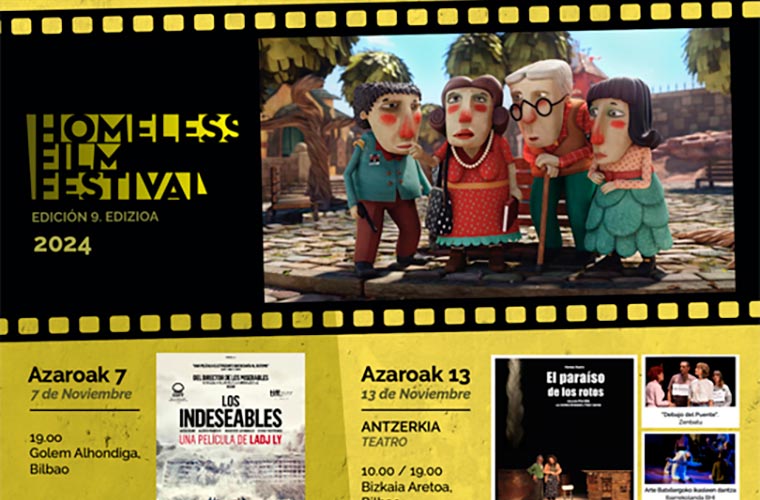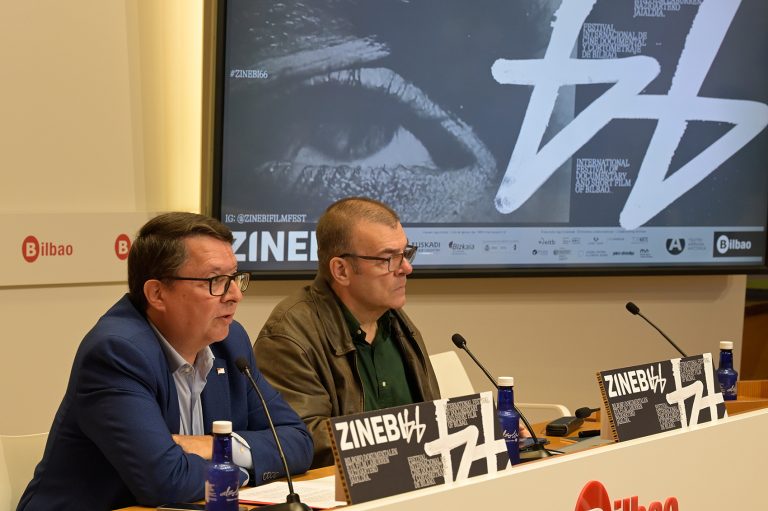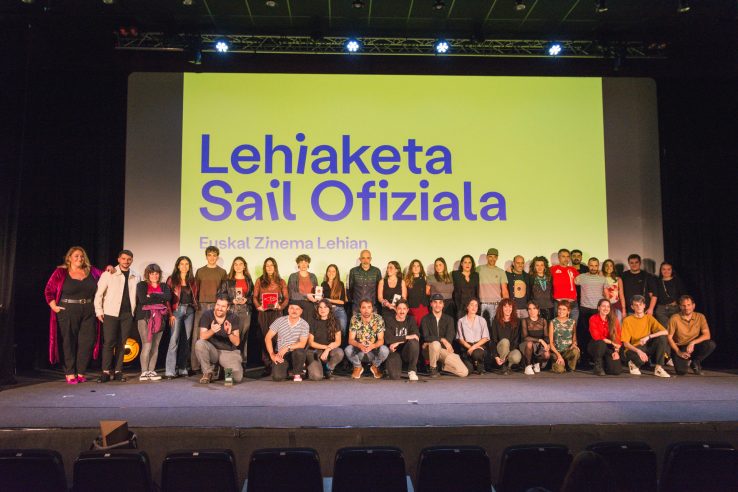"Polish policies see LGTB as the biggest enemy on the move"
- The film Silent Love by filmmaker Marek Kozakiewicz premiered in early April at the Visions Du Réel festival in Switzerland. A long filmed documentary reflects, on the one hand, the love that a homophobic society obliges it to hide and, on the other, the intimacy and complicity of this non-hegemonic family model. We have been able to talk to the director to delve into the threads suggested by the film.
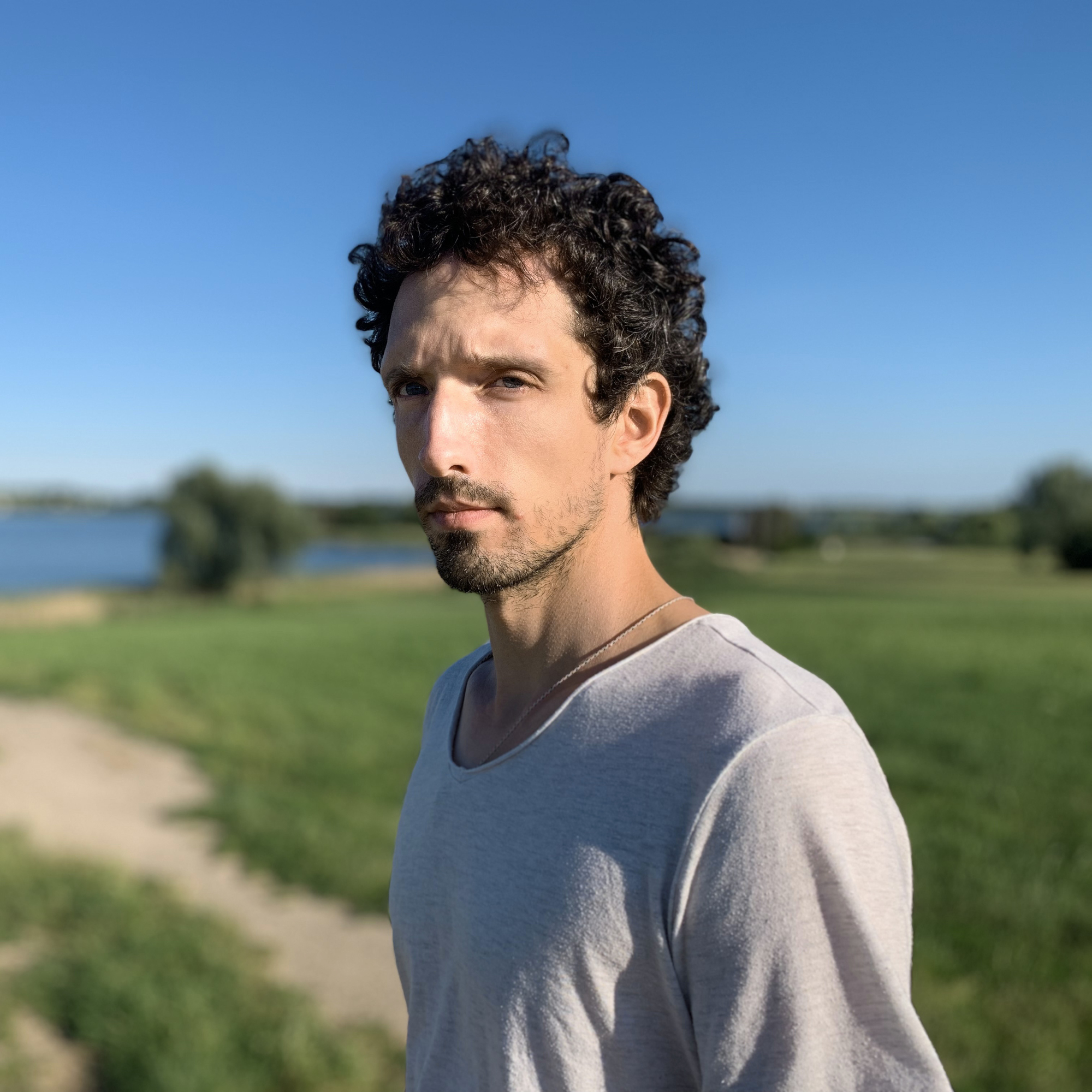
First of all, we want you to describe your movie. At first it seems like a movie about grief, about someone's loss. Then, however, other issues prevail. Are you going to explain it to us?
That was my initial goal. From the beginning I thought the film had to be a grieving process, I wanted to treat death. Next, it was about showing its development, talking about life and reflecting the construction of a family. So I started the story with the death of the protagonists' mother and then continued with the birth of this new family, which wanted to go from death to life. If I had to count it in one sentence, I would say that it is a film about the construction of an unconventional family, situated in a small, conservative village.
What relationship did you have with the people you film? Before filming, were they friends?
Our mothers were friends. Our mother belongs to a nearby town and knew Milos and Ag's mother. When their mother was diagnosed with cancer, our mother came closer to help them. At that time I also had health problems and spent more time with my parents than normal. Somehow, both families approached each other. He was about to start filming his mother's illness, who was willing to appear in front of the camera and show the process. But death came earlier than expected. I started to roll after the funeral, at the house of my brothers Aga and Milos.
At that time, though, you didn't know that Aga was a lesbian, even with a partner.
No. At the time, I thought: “All right, I’m going to make a movie about Milos.” One of the family's first choices when she lost her mother was to take Milos to Warsaw, home to a brother there. So it occurred to me that the film could be around that change: from a child who never left town and is forced to move to a big city after losing his mother. But things happened differently. Psychologists recommended that Milos stay in the village, as he was very connected to the environment. And so his sister Aga decided to leave Germany and move to Poland, leave her life abroad and take care of her little brother. This forced him into a legal guardianship process in Milos, where he had to pass three trials. On the other hand, he also influenced the relationship with his girlfriend, as Maija decided to come to Poland back to the town.
When did you know that Maija and Aga were partners? And how did that influence the development of the film?
I was the first person who confessed his relationship and had been together for ten years. She didn't know anything, but Aga thought she knew it. He said: "Mare, I have to tell you something. I know you've probably noticed, but I have a sentimental relationship with Maija." I stood on stone, I didn't expect anything, but I didn't want to offend, and so I said: "Yes, Aga, of course I've noticed, and I'm very happy for you." I later told her that when she told me she had no suspicion, but I told her the lie so she wouldn't feel uncomfortable; we all laughed later.
"Silent
Love" is a film about building an unconventional family
It was a very special moment, because it put a lot of trust in me. It was probably easier to tell a stranger than a friend or relative. He felt secure ground with me and trusted to tell. I guess I was part of his process, of being two, of overcoming fears and of speaking proudly about it. To live in such a closed and conservative community, where Polish society and policies understand LGTB as the greatest enemy it is in. There are laws contrary to this collective, and one can see the contradiction in public television, in public spaces and in the church. So talking about this requires a lot of courage, especially if you've also grown up with that mindset in a small town, and you're not an activist in a big city. They were very strong to deal with all of this.
However, they did not yet come out of the closet in front of others, in front of the people. At some point he realized that that would be the guiding thread of the film and they gradually accepted that they were going to come out of the closet in an international film. What was this process like?
When I found out they had a sentimental relationship with each other, I thought it wasn't possible to make a movie about it. The hidden relationship was impossible to film, it didn't make sense. They didn't want to talk about that, so there was no way to make that film. However, he spent a lot of time with Aga and Milos, was part of his life and Aga was often in video calls with Maija. I talked to him occasionally and filmed a call. So I told Agari that we had to visit Maija in Germany, and we did. We went together in the car, I was very nervous, I was afraid I was told I didn't want to be part of the project. But the opposite happened. I realized that he felt excluded from the project, and that when we went there and started shooting himself welcomed him, he felt that he was becoming a family member, and that was very important to him. When I saw her satisfaction, I began to think that maybe there was a potential to tell that relationship in a movie.
It took us a long time. At first, if I had asked myself directly if I could make a movie about their relationship, they would have told me no. But the process was long, I spent a lot of time in their environment, with the camera, and somehow they agreed with it. Over the years, they were taken out of the closets while filming. They are now very happy and proud, although they have been nervous. They're curious about how the audience responds. When I taught them, I was afraid they wouldn't have liked it, or they were going to ask me to take away one thing or another.
So they finally agreed that the film would show its relationship.
Yes. And they think it shows tenderness, it's thin. He really liked his approach through the film. They are happy about the good feelings and the good atmosphere, because it is not a drama. It is very relaxing to understand the film in the same direction, because sometimes what the protagonists think and what the filmmaker does can go against it. We have been lucky in that respect.

The language of the film is one of the great achievements. He speaks subtly and there are many silences with different meanings. What has been the way to build this language? And what is the silent language chosen to tell that "secret love," as the title of the film suggests?
The film is built on the relationship between me and the protagonists. I think that is the most important thing. I was living with them for a long time and was part of the family. I was the only one at the time of rolling, I was worried about both the image and the sound. My presence became common. When I picked up the camera on my back, we agreed that they would do it as if I wasn't there, and that's where they've been very good. But everything was built within the trust we felt each other. Of course, we had a lot of problems, especially because the relationship was hiding. We talked a lot about it, I was on the table, but it often came again -- the fear was there. It was a long process. Honestly, I believe that the film has had a positive effect in this regard, has contributed to empowering and living with pride. It's been a beautiful, amazing process.
Have you had a lot of ethical doubts, no? How to make an interesting film and also a film that respects its process.
Yes, of course. In the middle of the process they wanted to finish the shoot at many times. We need a lot of talks to move forward. I promised you that we would never use scenes that could cause discomfort or didn't want them to appear. Of course, I didn't want to do anything that offends them, but just having a good intent isn't worth it, because you can also do harm unintentionally. And neither can we be sure of the impact that the film will have on your life. I sincerely believe that it has influenced one way. For example, their families put on Instagram "like" the information the movie producers have uploaded and write comments. And it wasn't like that before. They were very afraid of how the family would react to all this, and it seems that it has done very well, allowing them to deepen their relationship. Another question is how the people of the village will receive the film, who will see it before or after. However, it may help us clarify the environment, because everyone already knows the relationship, but nobody says anything.
"I don't understand movies as a one-off fact: for me they're universal, time isn't that important."
The most important decision we made within the framework of this ethical vigilance was to wait until Milos turns 18 to launch the film. We wanted to be sure that the film was not going to influence the judicial process and that the political system was not going to use it against us. We agreed to it immediately, although we know it would force us to wait. But I didn't really care too much. I don't like to understand movies as a one-off fact, for me they're universal and time isn't that important. The film revolves around a relationship, feelings, that are impassable, timeless. I can also expect more. I rolled for three years and we made a year of assembly.
How was the assembly? Surely there were many materials, too many.
Yes, and also, most of the time, nothing happened. He filmed his diary. During the shoot, I knew that in those scenes, at first glance, not much happened. But as they got closer, a lot happened and there was a lot of tension. I wondered if I wouldn't be boring. I rolled it very patiently, with a very observing look, waiting there. I moved behind them. And I was trying not to lose anything. The assembly was very difficult, lasted about a year and Anna Garncarvzyk did a really good job.
What funding did you have to take the film forward? What relationship was there with the Polish state in this regard, taking into account its policies with the LGTB movement?
I started just at the beginning, funded by me. I started rolling until I had enough material to edit a teaser. Then I met Koi Studio from Agnieszka Skalska, or he found me and we continued to work together. We presented the project to different programs like Doc Poland and got German co-production. Polish national television is prohibited from donating money to films related to the LGTB collective, so we could not approach this path. We didn't know if the Polish National Film Institute would give us money or not, and we asked for a small amount of money. We were fine. Producer Skalska did a very good job.
Do you intend to show the film in Poland?
National premiere in Warsaw at the Millenium Docs Against Gravity festival. This will therefore be the first projection in Poland. It will then be screened in theaters in major cities, and then I think we'll end up on some platform on the network. I think we're willing to let people see the movie and talk about it.
Zinema zuzendaria eta argazki zuzendaria da; bideoklip eta multimedia artista. Łódźeko Zinema Eskola Nazionalean (PWSFTviT) graduatu zen Zinema Fakultatean. Łódźeko Unibertsitatean Film Ikasketak ere egin zituen.
Bere lehen metraje luzeko dokumentala, Silent Love, Visions Du Réel eta Hotdocs 2022 festibaletako programa ofizialean aukeratua izan da. Proiektuak DOC LAB POLAND saria jaso zuen eta Accelerator Saria 2019 DOK Leipzig film azokan.
Egun, zuzendari eta argazki zuzendari gisa Poloniako gazte ez-binarioei buruzko film berria lantzen ari da, Netflix Originals-ek ekoiztua.
Itoiz, udako sesioak filma estreinatu dute zinema aretoetan. Juan Carlos Perez taldekidearen hitz eta doinuak biltzen ditu Larraitz Zuazo, Zuri Goikoetxea eta Ainhoa Andrakaren filmak. Haiekin mintzatu gara Metropoli Foralean.









